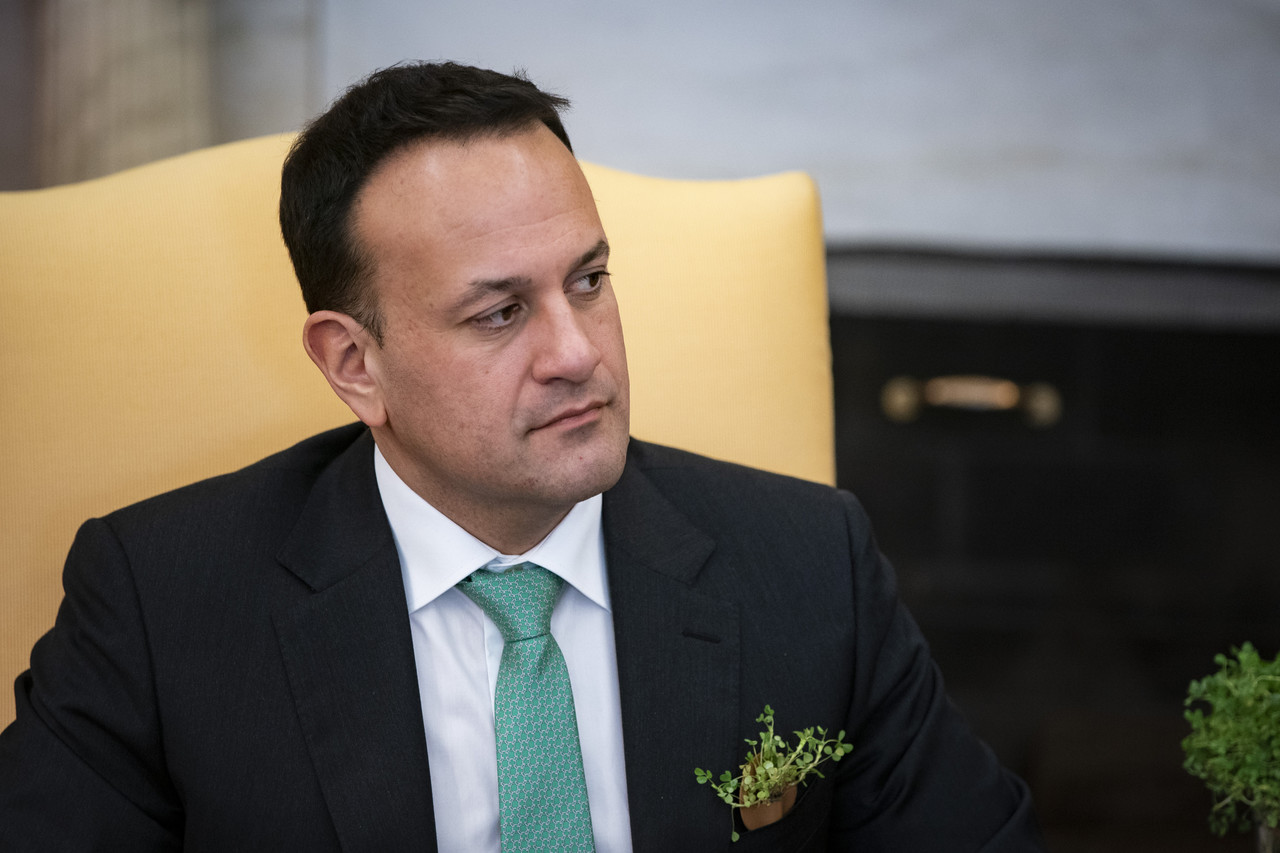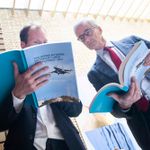Visestatsminister Leo Varadkar i Irland advarer den irske befolkningen om en lang krig mot Covid-19, hvor myndighetene vil gi borgerne friheter bare i korte perioder. Han sier dette kan vare i flere år.
Logg inn for å lese videre (abonnenter).
Støtt Norges viktigste uavhengige medium!
Bli abonnentPluss-artikler blir åpnet 48 timer etter publisering. Artikler som er eldre enn to år er forbeholdt abonnenter.






